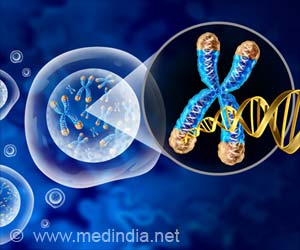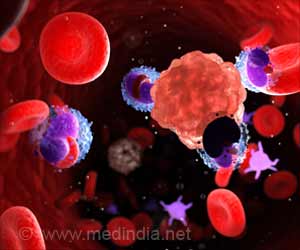- Changes in lipid levels put midlife women at an increased risk for cardiovascular disease
- Anti-Müllerian hormone (AMH) impacts menopausal women’s heart-healthy cholesterol levels
Heart Health During Menopause
Samar R. El Khoudary, Ph.D., M.P.H., discovered a link between anti-Müllerian hormone (AMH) and lipid, or cholesterol, levels in midlife women in a study published in the Journal of Clinical Lipidology. Clinicians may be able to acquire a better picture of cardiovascular risk for people entering menopause using this knowledge and what is known about estrogen.“Estrogen is not the only story,” said Dr. El Khoudary, a professor of epidemiology at Pitt’s School of Public Health. “We are now getting more information about other markers that could play an important role and could more precisely and consistently tell women where they are about their menopause transition.”
Cardiovascular Risk During Menopause Transition
Midlife women are at a higher risk for cardiovascular disease with changes in their lipid levels, such as a significant increase in LDL-C or ‘bad’ cholesterol, before, during, and after menopause, also known as the menopause transition.Previously, scientists established that this increased risk of cardiovascular illness could be linked in part to a drop in estrogen levels. However, estrogen replacement therapy has not provided the cardioprotective benefits that doctor had hoped for. As a result, scientists have started looking for other factors that may be influencing cholesterol levels.
Can Anti-Müllerian Hormone Levels Predict Menopause
AMH is a hormone that has received the most attention as a key element in determining the gender of a child in gestation. However, AMH has recently been discovered to have a strong and stable relationship with the date of the menopause transition, and new technology is making monitoring increasingly simple and cost-effective.“AMH can be used to measure how long your ovaries can keep producing eggs,” said Dr. El Khoudary. “The more eggs there are, the higher AMH; the fewer eggs, the lower the level of AMH. When the levels become very low, we can use it to predict menopause.”
With such a strong link between AMH and menopause, Dr. El Khourdary wondered if, like estrogen, AMH loss might affect cholesterol.
Anti-Müllerian Hormone Impacts Cholesterol
“We wanted to understand the mechanism behind lipid changes during the menopause transition and understand how this new biomarker, AMH, interacts with estrogen and impacts lipids,” explained Dr. El Khoudary.Dr. El Khoudary’s team examined blood samples from the SWAN study, which tracked a varied group of 1,440 midlife women through the menopause transition. These blood samples were examined for levels of estrogen and AMH, as well as good and bad cholesterol.
Dr. El Khoudary discovered that, while high estrogen levels were critical for lowering LDL-C or bad cholesterol levels, high AMH levels were responsible for lowering HDL-C or ‘good’ cholesterol. This means that as women enter menopause, they lose estrogen and AMH, which raises both their bad and good cholesterol levels.
This may appear counterintuitive, but Dr. El Khoudary believes it validates her hunch that good cholesterol is not necessarily beneficial to menopausal women. Previous research by Dr. El Khoudary’s group found that good cholesterol levels in these women may be hiding other cardiovascular concerns and may even be a symptom of HDL dysfunction, which prevents good cholesterol from fulfilling its cardio-protective responsibilities.
Dr. El Khoudary aims to investigate blood samples from midlife women now receiving hormone replacement therapy in the future to establish the effects of estrogen on AMH and lipid levels and to determine whether these treatments are genuinely helping or harming menopausal women. She thinks that her research would help both patients and doctors make better judgments about their cardiovascular health.
Source-Medindia
















